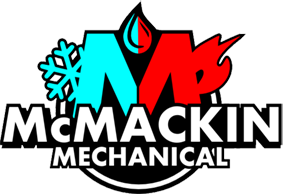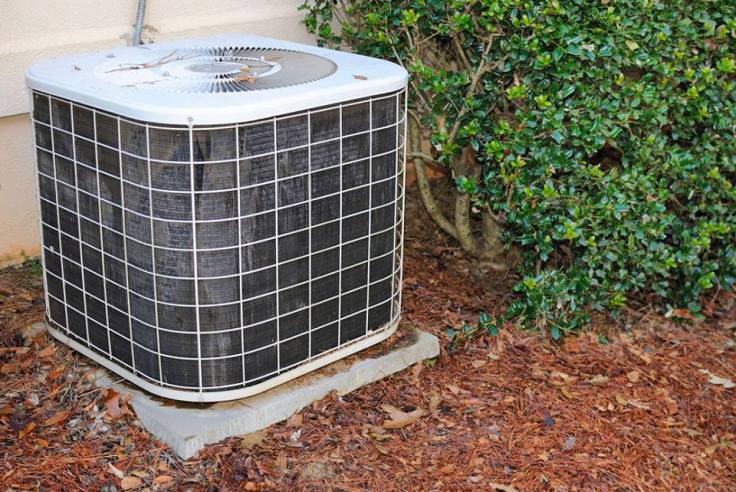
Comparing Home Heating Systems: Ranking by Efficiency
When it comes to keeping your home warm during the colder months, choosing an efficient heating system is essential for comfort and cost savings. A well-designed and energy-efficient heating system can not only keep you warm but also reduce your energy bills and environmental impact. In this blog, we’ll rank common home heating systems by their efficiency to help you make an informed decision when it’s time to add, upgrade or replace your heating system.
Geothermal Heat Pumps (GSHPs)
Geothermal heat pumps are the most efficient home heating systems available. They harness the stable temperature of the Earth’s ground or groundwater to provide consistent heating. While installation costs can be higher, the long-term energy savings and environmental benefits make GSHPs the top choice for efficiency-conscious homeowners.
Heat Pumps
Air-source heat pumps use the outdoor air to provide both heating and cooling. They are highly efficient, especially in moderate climates like in southeastern, PA. Heat pumps are known for their energy savings and versatility, making them a popular choice for many households. And, there are many government incentives to entice homeowners into installing these systems.
Radiant Floor Heating
Radiant floor heating systems, which heat your home by warming the floor, can be highly efficient when installed correctly. They distribute heat evenly, minimizing temperature fluctuations and energy waste. However, the efficiency depends on proper insulation and system design.
High-Efficiency Furnaces
Modern high-efficiency furnaces, particularly those with condensing technology, can offer impressive efficiency ratings. These systems extract more heat from the combustion process, resulting in reduced energy waste and lower heating bills. They are a good option for areas with colder winters.
Wood Pellet Stoves
Wood pellet stoves are a renewable energy option that can be highly efficient. They burn small pellets made from compressed wood, providing a consistent source of heat. Pellet stoves are environmentally friendly and cost-effective, but they require a steady supply of pellets and manual effort to load them into the system. They can also be quite loud.
Natural Gas Boilers
Natural gas boilers are commonly used for home heating. High-efficiency models can provide efficient and reliable heating. However, the overall efficiency may depend on factors like the insulation of your home and the age of your boiler.
Oil-Fired Boilers
Oil-fired boilers can offer efficient heating, but they require regular maintenance and are often less environmentally friendly than other options. The efficiency can vary based on the quality of the boiler and the type of fuel used.
Electric Heating
Electric heating, such as baseboard heaters, are technically very efficient in that all electricity consumed converts to heat in the area you wish the heat to be. This contrasts to heating systems where heat can be lost as it travels through basements and in duct work. However, the cost of heating with electricity can be brutal, especially in areas where electricity is expensive.
Choosing the most efficient heating system for your home depends on various factors, including your climate, budget, and environmental preferences. While geothermal and air-source heat pumps often rank highest in efficiency, other options like high-efficiency furnaces and wood pellet stoves can also provide significant energy savings. As previously covered, proper insulation goes a very long way in reducing costs and increasing overall efficiency. Consult with a professional heating contractor like McMackin Mechanical to assess your specific needs and help you select the best heating system for your home, ensuring both comfort and energy efficiency.
Is your current heating system not cutting it? Interested in taking advantage of tax credits before the end of the year? Give our office a call for a free consultation.



